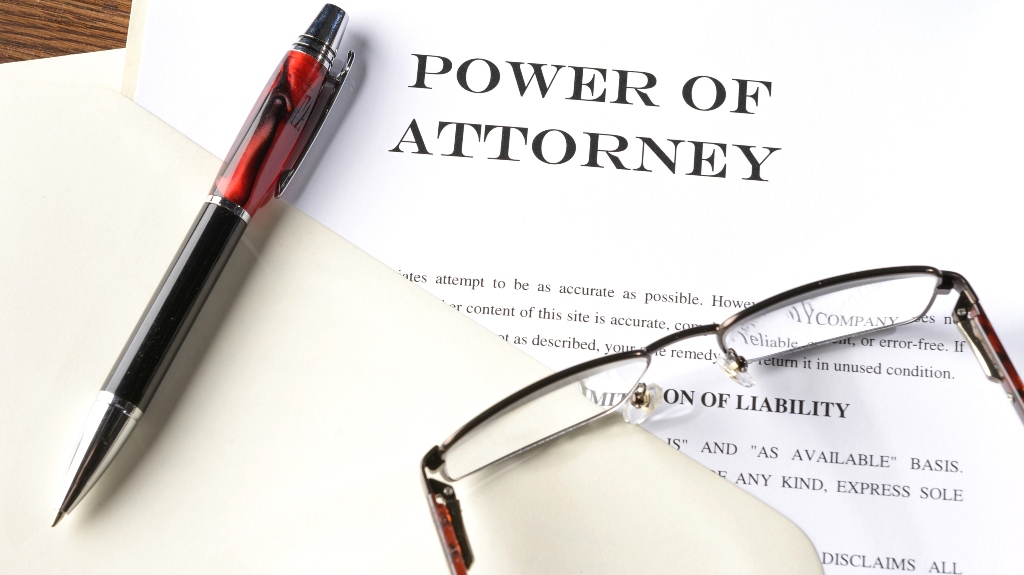
A Power of Attorney (POA) should be part of everyone’s estate planning documents. However, many people fail to include this document in their plans because they do not know what it is or realize how important it can be for their future. That is why, in this blog post, we will review what a POA is, when it is needed, and why you should include it in your estate planning documents.
What Exactly Is a Power of Attorney?
A Power of Attorney (also known as a Mandate or Procuration in Louisiana) is a legal document that allows you to choose another person to make certain decisions on your behalf. This chosen person is called an agent or attorney-in-fact.
The Different Types of Power of Attorney in Louisiana
In Louisiana, there are different types of Power of Attorney:
General Power of Attorney
A General Power of Attorney authorizes an agent to make decisions on your behalf, including financial and healthcare matters. This type of legal document is usually granted to a family member, spouse, or close friend. However, there are limitations to this POA. For instance, if a person becomes mentally incapacitated, the General Power of Attorney may become void.
A Limited or Special Power of Attorney
A Limited Power of Attorney grants specific and narrow powers to an agent, including the power to sell a single piece of land for a certain amount or a limited duration. This type of POA can be beneficial, primarily for bigger groups who want to grant one individual permission to conduct business transactions. This type of POA is usually used for matters of convenience instead of necessity and tends to contain very specific language about an agent’s authority.
A Medical Power of Attorney
A Medical or Healthcare Power of Attorney allows an agent to make medical decisions on a person’s behalf. This can include obtaining procedures, ordering tests, and obtaining care arrangements.
A Financial Power of Attorney
A Financial Power of Attorney is a document that allows a person to select someone to make financial decisions on their behalf. These decisions may include accessing financial accounts, paying expenses, buying or selling assets, entering into legally binding contracts, creating trusts, or making donations. This document also grants the chosen representative the authority to manage finances and assets in accordance with a person’s wishes.
What Happens If a Person Does Not Have a Power of Attorney?
If you become unable to make decisions for yourself and do not have a valid Power of Attorney in Louisiana, you may need to go through a legal process called interdiction. This will involve a court declaring you legally incompetent and appointing a curator to manage your affairs. However, this process is often expensive and can cause family disputes. Moreover, the person appointed as curator may not necessarily be the one you would have chosen to manage your affairs.
Do You Need a POA? Contact Losavio & DeJean Today To Learn More
To learn more about POAs and whether you should include them in your estate plan, contact Losavio & DeJean, LLC, today. Our experienced estate planning attorneys can review your questions in detail and develop a plan that can help protect your estate and your future.

